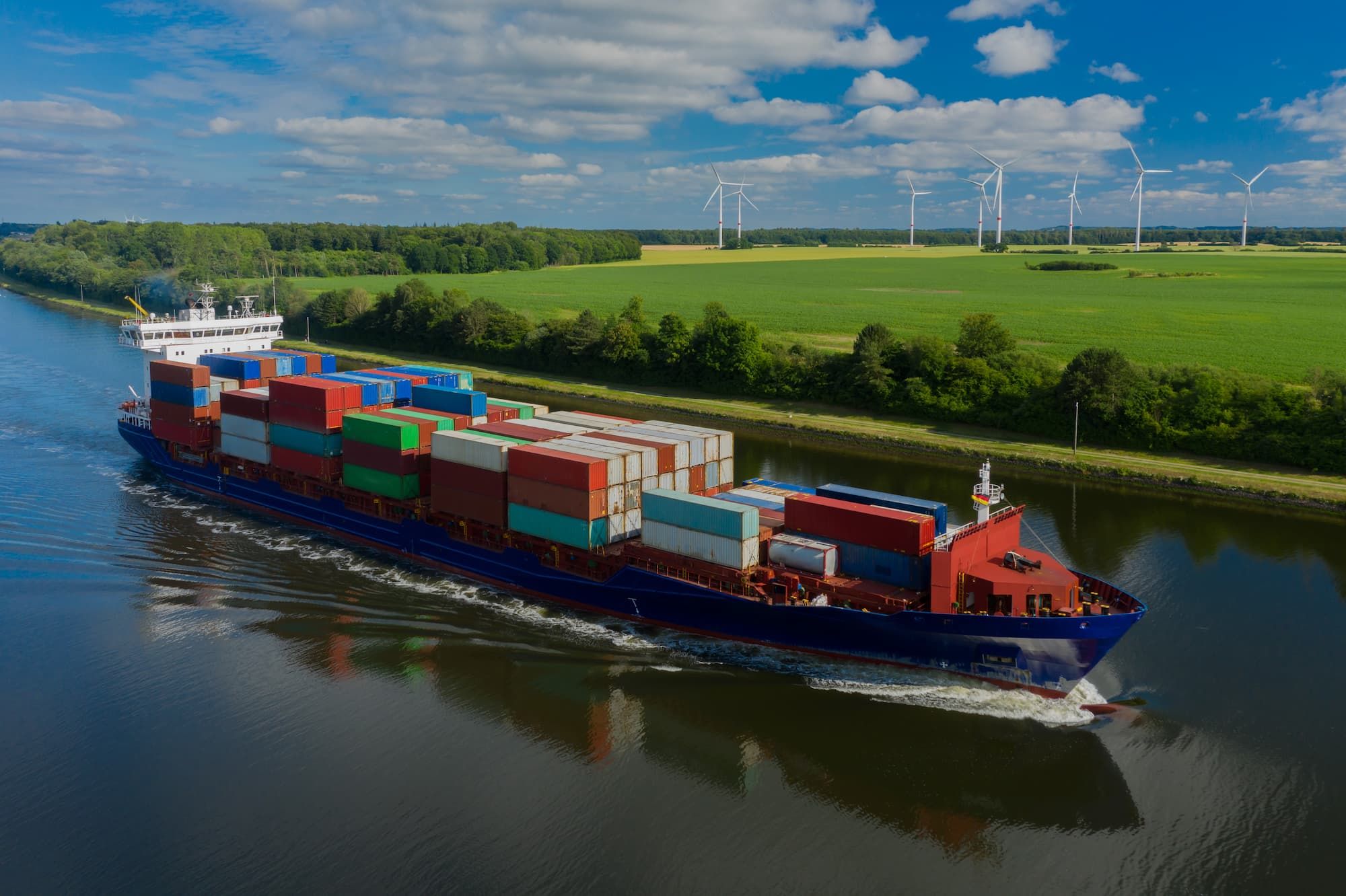
World Maritime Day 2022: Leveraging technologies and regulations for greener shipping
By Nikolai Vassiliev, Chief, ITU Terrestrial Services Department
Maritime transport is the mainstay of international trade.
This year, World Maritime Day is dedicated to ‘New technologies for greener shipping’, reflecting the maritime business’s need for an ambitious transition that leaves no one behind.
The safe and efficient movement of goods and people at sea is vital to the attainment of the Sustainable Development Goals (SDGs) – particularly SDG 13 (climate action) and SDG 14 (sustainable use of the oceans, seas and marine resources), but also SDG 9 (industry, innovation and infrastructure) and SDG 17, which highlights the importance of partnerships to achieve all these goals.
Communications and connectivity have always been essential to the safe operation of global maritime supply chains. Ships and port operations are increasingly dependent on the digitization and integration of systems that rely on communication links.
Standardized and reliable inter-ship and ship-to-shore communications are increasingly essential for safe and environmentally efficient operations. The latest communication technologies will be essential to creating a sustainable maritime transport sector.
The International Telecommunication Union (ITU) – as the UN specialized agency for information and communication technologies – works to support greener shipping through the allocation and protection of frequency spectrum for maritime communications and by developing standards for maritime radiocommunication systems.
Optimizing vessel traffic
At the forthcoming 2023 World Radiocommunication Conference (WRC-23), scheduled to take place in Dubai, United Arab Emirates, between 20 November and 15 December 2023, ITU Member states will decide on the introduction of new maritime communication systems that will contribute to the optimization of vessel traffic and, thus, to the reduction of fuel consumption by ships.
Maritime autonomous surface ships (MASS), digital route optimization, vessel traffic management and other new and emerging maritime communication technologies can deliver improved operational efficiency and could significantly reduce greenhouse gas emissions from the shipping industry.
Next-generation ships and their interconnected systems will rely on remote, real-time monitoring and control.
As the maritime industry leverages the latest technologies to realize such advances, its dependence on communication technologies will grow further. Improved communication links, both ashore and at sea, will be key to maximizing the environmental benefits of these promising innovations.
In preparation for WRC-23, delegates from all world regions are considering the modernization of the Global Maritime Distress and Safety System (GMDSS), the introduction of e-navigation systems, and other maritime communication updates, including the full incorporation of NAVDAT (Navigational Data) provisions into the ITU-maintained Radio Regulations. By making more data available to mariners and vessel operators, NAVDAT supports making well-informed decisions to maximise vessel efficiency and make shipping safer and greener.
Potential updates under study
Studies currently underway at ITU are focused on possible updates to the Radio Regulations and to the ITU Radiocommunication Sector (ITU-R) Recommendations and Reports to respond to emerging trends in maritime communications, including the transition to digital technologies and wireless applications.
New maritime communication facilities using advanced digital technologies could soon reduce the power consumption of vital radio and data transmissions.
Improved technologies can therefore directly reduce onboard power consumption and boost ships’ overall operational efficiencies.
Key WRC-23 agenda items like these are set to address present and future maritime communication needs, whether for shipping or for supporting shore services.
Along with maritime safety and efficiency, decisions to be taken at the conference will shape future digital infrastructure to ensure better protection of the marine environment.
By reducing accidents at sea, modern maritime communication systems provide enormous benefits both for seafarer safety and the protection of the marine environment. Innovative communications technologies must be adopted rapidly and widely across all shipping and maritime industries to support the transition to a greener shipping future.
ITU’s maritime experts continue leveraging their regulatory and scientific expertise to lay the foundation for greater maritime connectivity, improve the safety of shipping and sea transport, and ensure a sustainable future for the entire industry.
For more information, browse ITU maritime service publications.
Image credit: snapshotfreddy via Adobe Stock
